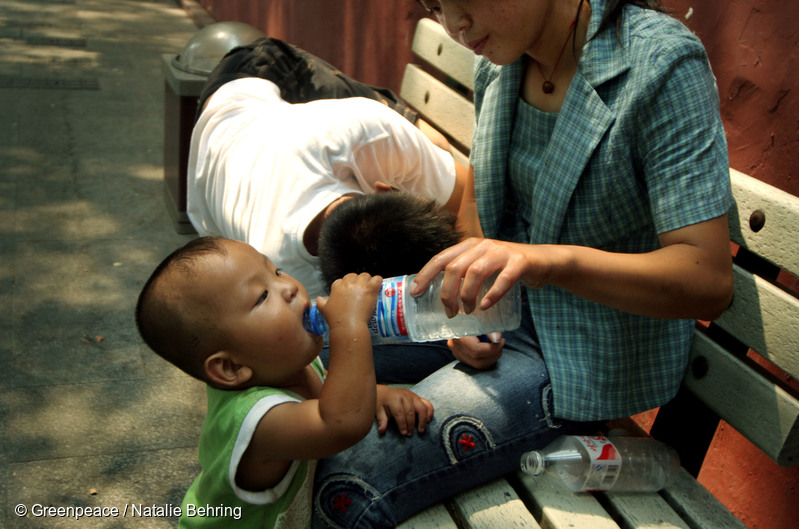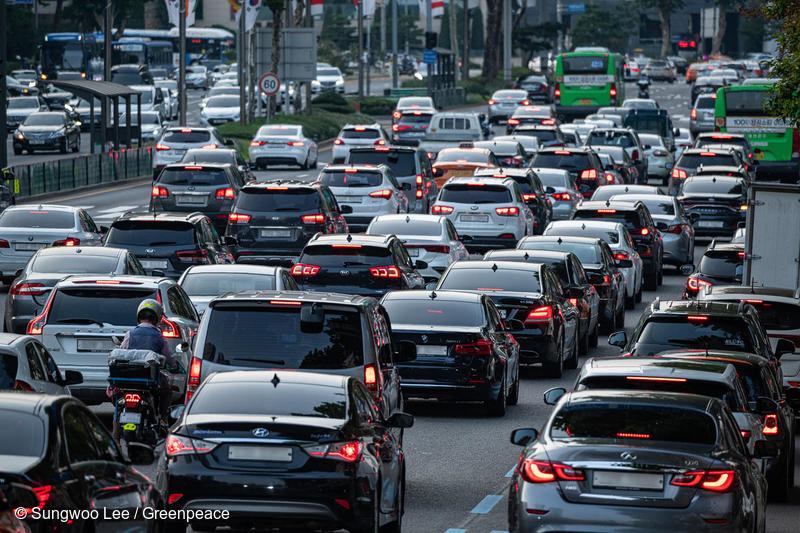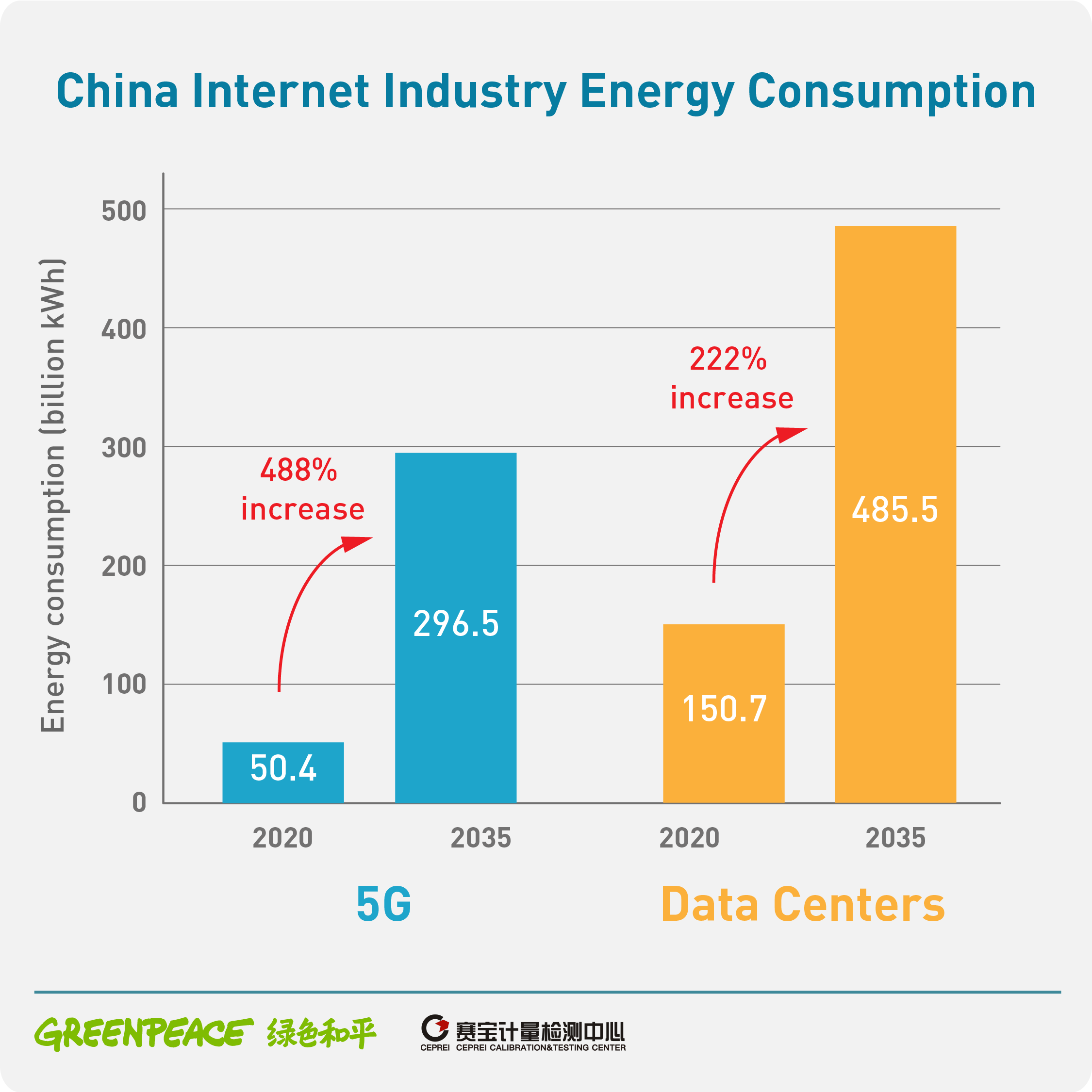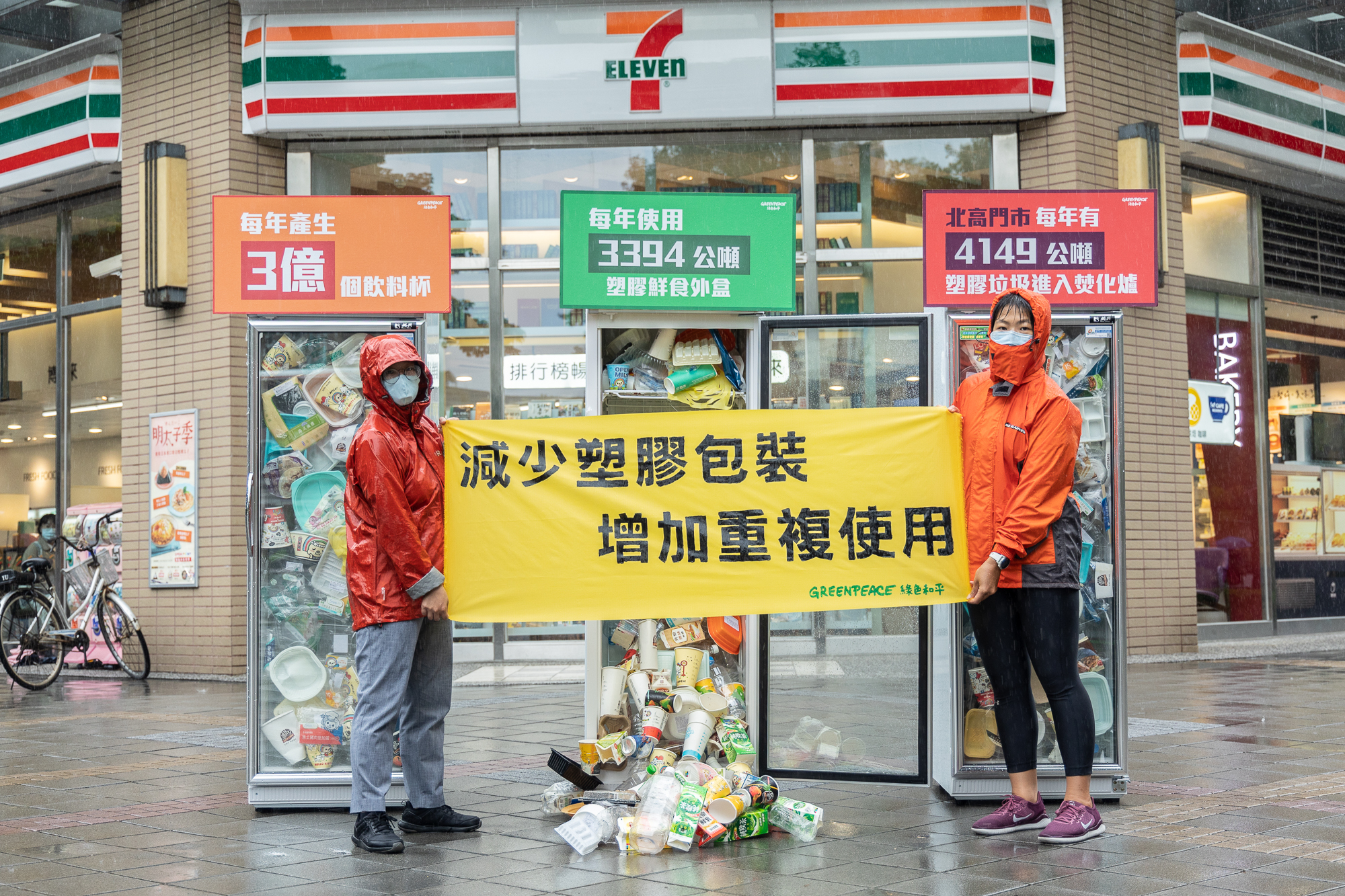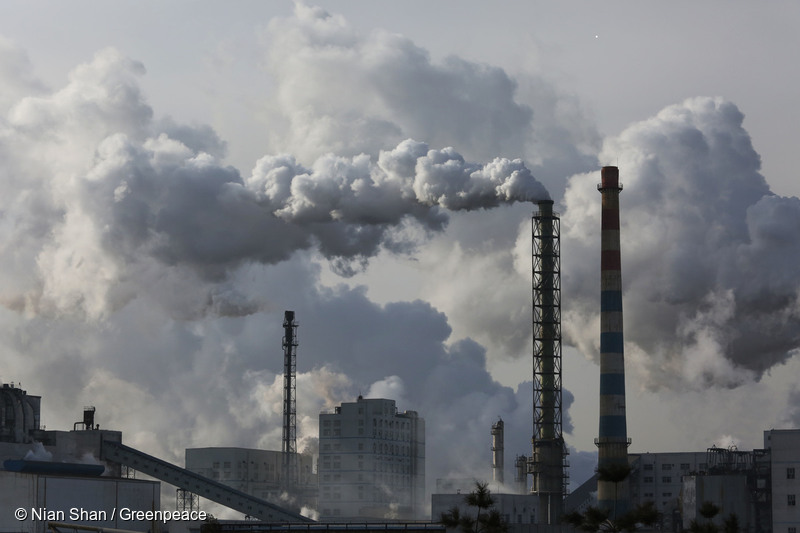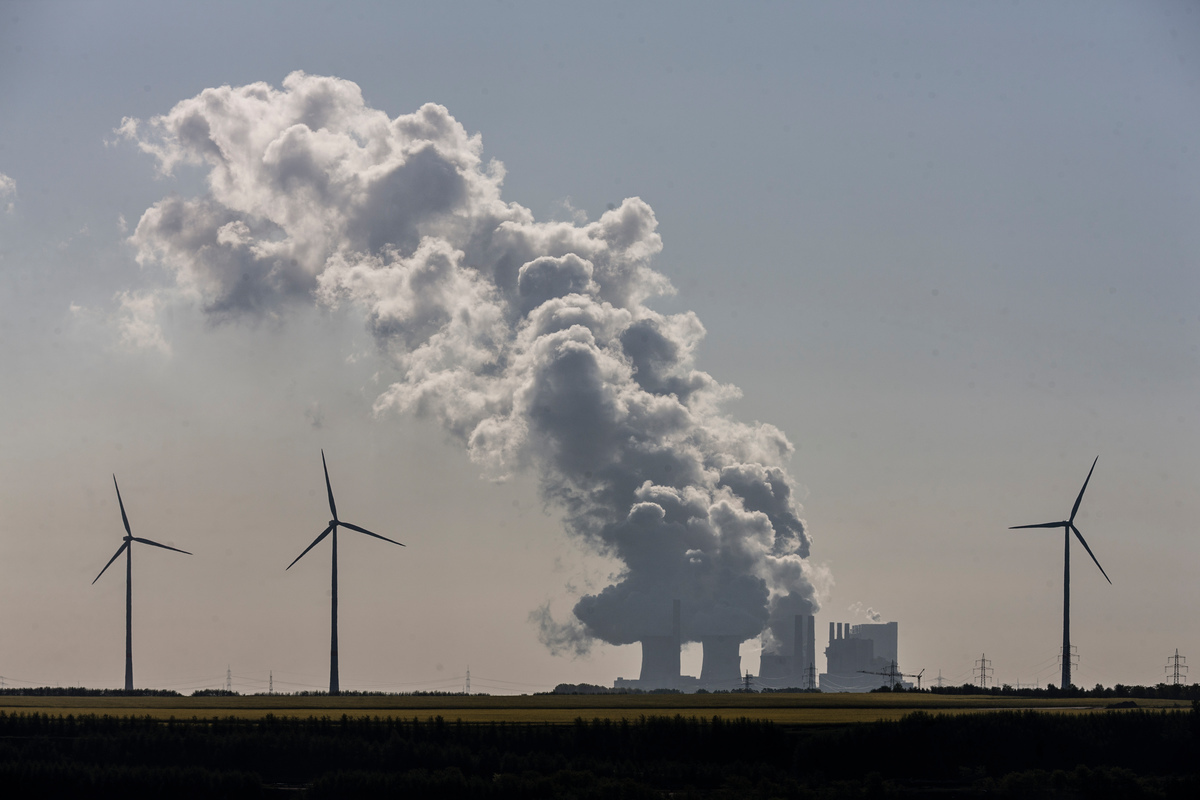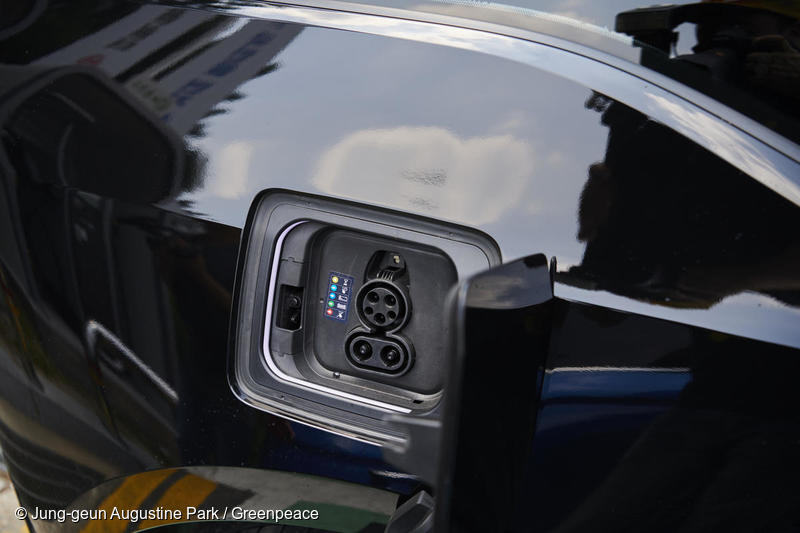All articles
-
Greenpeace maps growing climate risk from extreme weather in China’s major cities
A new report from Greenpeace East Asia analyzed climate risk from extreme heat and rainfall across the major metropolitan regions around Beijing, Shanghai, and Guangzhou-Shenzhen,¹ finding risk is now highest in dense city centers but is growing faster for urbanizing communities on the outskirts.
-
HYUNDAI MOTOR GROUP’S 2050 RE100 DECLARATION– GREENPEACE COMMENT
Hyundai Motor Group has announced that they will join the #RE100 initiative & achieve 100% renewable by 2050. This is good news, but on average RE100 corporations are aiming to achieve 100% renewable energy by 2028, a full 22 years earlier than Hyundai. Hyundai must #AccelerateChange and phase out polluting internal combustion engines as quickly…
-
Sea Level Rise Poses Economic Threat to Asia Coastal Cities
The report estimates that by 2030, 15 million people across the seven cities will live in areas at risk of flooding. The analysis is one of the first of its kind to use high spatial resolution data to suggest the areas of each city that are at risk from floods.
-
Electricity consumption from China’s digital sector on track to increase 289% by 2035: Greenpeace
Electricity consumption from data centers and 5G base stations in China is on track to increase by an estimated 289% between 2020 and 2035, new research shows.
-
7-Eleven announces single-use plastics phase-out in Taiwan, first in Asia: Greenpeace response
TAIPEI, 6 May 2021- 7-Eleven Taiwan has announced that it will phase out single-use plastics by 2050, the first major convenience store chain in Asia to do so.
-
Tencent beats out Alibaba, Baidu in Greenpeace’s China tech industry ranking
BEIJING, 21 April, 2021 – Tencent took the top spot among cloud providers in Greenpeace East Asia’s latest clean energy scorecard for China’s tech sector, beating out Alibaba, which fell…
-
Greenpeace Warns of High Risk for Further Waves of New Coal Plant Approvals in China
New research from Greenpeace East Asia found that 46.1 gigawatts (GW) of new coal capacity was approved in 2020 -- more than the previous three years combined -- with 12 provinces or autonomous regions pushing through new coal plants after the central government’s Net Zero climate commitments, with about 8.1 GW approved in the fourth…
-
Greenpeace Report Finds Carbon Border Tax From Major Export Countries Likely To Incur a Levy of US$530 million Per Year
January 13, 2021 (Seoul) – A new report released by EY Korea and commissioned by Greenpeace Seoul suggests that if Korea’s response to the climate crisis is delayed, the competitiveness…
-
Biodegradables will not solve China’s plastics crisis: Greenpeace
BEIJING, 17 December 2020 - Increased production of biodegradable plastics will not solve China’s plastics pollution crisis, a new report from Greenpeace East Asia shows. If the rush to produce biodegradable plastics continues, China’s e-commerce industry is on track to generate an estimated 5 million tonnes of biodegradable plastic waste per year by 2025 [1],…
-
Greenpeace report troubleshoots China’s electric vehicles boom, highlights critical supply risks for lithium-ion batteries
Beijing, 30 October 2020 — Lithium-ion batteries decommissioned from electric vehicles (EVs)and repurposed for energy storage can meet the entire world’s energy storage needs as earlyas 2030 — when repurposed…

